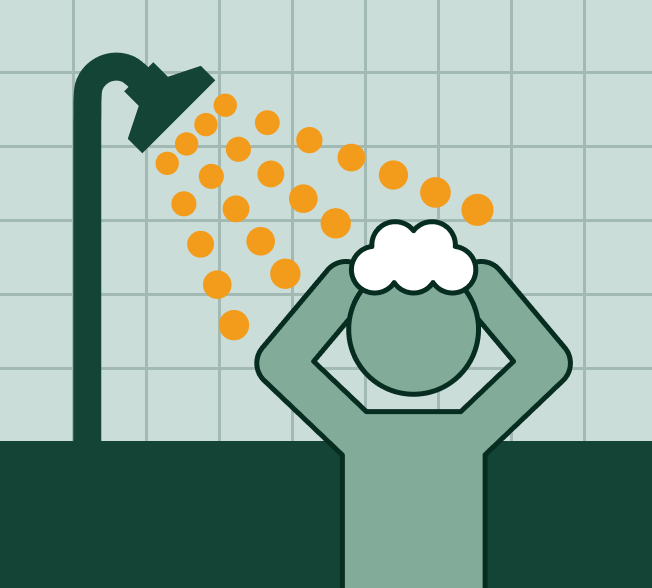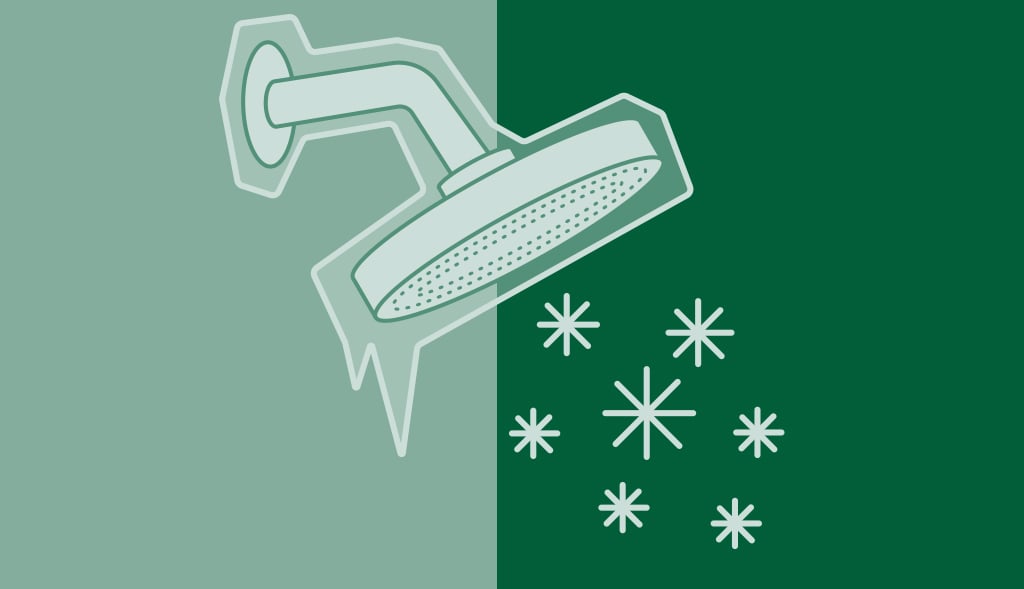Troubleshooting: Why Your Hot Water Heater Is Not Working

When you want a warm bath or shower but only get cold water, it can be really annoying. If your hot water heater isn’t working, it’s a problem. But don’t worry, the solution might be easier than you think. This guide will help you find out what’s wrong with your electric or gas water heater and how you can fix it.
Identifying the Problem with Your Hot Water Heater
Your hot water tank is a workhorse appliance, often out of sight and mind until something goes wrong. When your hot water heater isn’t functioning correctly, several symptoms can point towards an issue:
- You turn on the hot water tap and only get cold water.
- You spot water pooling around your heater (indicating a possible leak).
- The water from your heater has a foul smell.
- Your heater starts making unusual, often loud noises.
Once you’ve identified that your hot water heater is not working, it’s crucial to understand why. A range of issues could be at play.
Issues Leading to Your Water Heater Not Working
Sediment Buildup
One of the common water heater problems arises from sediment buildup at the bottom of the tank. The water entering your heater often carries small amounts of debris, sand, and other sediments. Over time, these materials accumulate at the bottom of the tank, affecting the heating elements and overall water heater efficiency.
Every time the water is heated, limescale is created, which drops to the bottom of the tank due to its heavier weight. In gas water heaters, this buildup can insulate the gas burner, making it work harder to heat the water. Similarly, for an electric water heater, the heating elements can be affected.
Corrosive Fumes for Gas Water Heaters
Corrosive fumes can cause significant issues for gas water heaters. These heaters draw air from the gas line into the gas burner during combustion. If the air surrounding the gas line is corrosive, it can cause the heater to wear out faster, leading to rusting and, eventually, a non-functional hot water heater.
Faulty Thermostats
Water heater thermostats regulate the water temperature in your tank. If these thermostats are set too high or too low, or if they’re faulty, they can result in the heater not working. This issue is particularly relevant to electric water heaters, which often have separate thermostats for the top and bottom heating elements.
Gas Supply Issues
If you have a gas water heater not working, one potential cause could be an issue with the gas supply or the pilot light. A blocked or leaky gas line, or a faulty gas valve, could prevent the gas burner from heating the water properly.
Electrical Issues
If your electric water heater is not working, it’s worth checking the circuit breaker to ensure power is being supplied to the unit. Power surges or faults can sometimes trip the breaker, interrupting the power supply. If the breaker hasn’t tripped, then the issue could be with the heating elements or the wiring within the heater.
Rust Issues
Rust is a common enemy of most appliances, and your hot water heater is no exception. Over time, the metal components of your hot water tank can begin to rust, especially if the anode rod, which is designed to prevent rusting, has worn out. This process can be external, visible on the tank’s surface, or internal, which is more dangerous as it can contaminate your hot water supply and lead to significant damage.
Leaking tank
Leaks are another common cause of a hot water heater not working. Leaks can occur in various parts of your heater, including the tank itself, the fittings, or the valves.
Resolving Your Water Heater Problems
When your hot water heater isn’t working, it’s essential to identify the root cause before attempting any repairs.
For Sediment Buildup
To handle sediment buildup, you need to drain and flush your water heater tank at least once a year. This procedure helps eliminate the debris and sediment that settle at the bottom of the tank and interfere with the heating process.
Don’t let sediment buildup ruin your tank!
Your cold water tap may be working perfectly but not getting hot water can quickly turn simple tasks into a nightmare.
There are several reasons why your hot water may not be working.
If one of the reasons is sediment build-up or corrosion interfering with the hot water supply, the Corro-Protec powered anode rods will significantly reduce sediment build-ups by neutralizing it.
The Corro-Protec powered anodes work on all standard hot water heaters and can prolong and double the lifespan of your tank.
For Corrosive Fumes
The issue of corrosive fumes in gas water heaters can be mitigated by ensuring proper ventilation and avoiding storing materials that produce corrosive gases near your heater.
For Faulty Thermostats
Faulty water heater thermostats may require replacement or adjustment. Check the thermostat settings first to ensure they’re not set too high or too low. If adjusting the settings doesn’t help, consider seeking professional help for replacement.
For Gas Supply Issues
Issues with the gas supply are best left to professionals. If your gas water heater isn’t working, call a certified plumber or gas technician to inspect and repair any faults in the gas valve or gas line.
For Electrical Issues
Before investigating any further, ensure you turn off the power at the circuit breaker to avoid any accidents. If the problem is with the circuit breaker, resetting it might solve the issue. However, if the issue lies within the heater, such as the heating elements or wiring, consider consulting a professional to avoid any potential electrical hazards.
For Rust Issues
If you spot rust on your hot water heater or in your hot water, it’s a clear sign that your water heater needs immediate attention. Depending on the level of rust, you may need to replace the anode rod or even the entire heater.
For Leaking tank
If you spot a leak, it’s essential to address it immediately to prevent further damage. Minor leaks from loose fittings or valves might be fixable by tightening the problematic areas. However, leaks from the tank itself often indicate a more serious issue that might require a complete heater replacement.
Ensuring Your Hot Water Heater Works Efficiently
Remember, the best way to avoid water heater problems is through regular maintenance. This can involve annually draining and flushing your heater, checking for any visible signs of wear and tear, and hiring a professional for a more thorough inspection every few years. Installing a water heater recirculating pump could also be a good idea to get hot water faster.
Understanding why your hot water heater is not working is the first step towards getting it back in shape. However, always remember to prioritize safety, especially when dealing with gas or electrical systems. Don’t hesitate to seek professional help if you’re unsure about any part of the process. Your hot water heater is a critical part of your home’s comfort, so ensure it receives the care it deserves.
Blog
Effective Strategies to Remove Sulfur Smell from Your Hot Water Heater
Many homeowners face the unpleasant sulfur smell in hot water. This odor, often resembling rotten eggs, can make using hot water for daily tasks unpleasant. […]
No Hot Water in Your House? Here’s What You Need to Know
It’s a scenario no one wants to encounter – you turn on the faucet expecting a comforting flow of hot water, and instead, you’re hit […]

